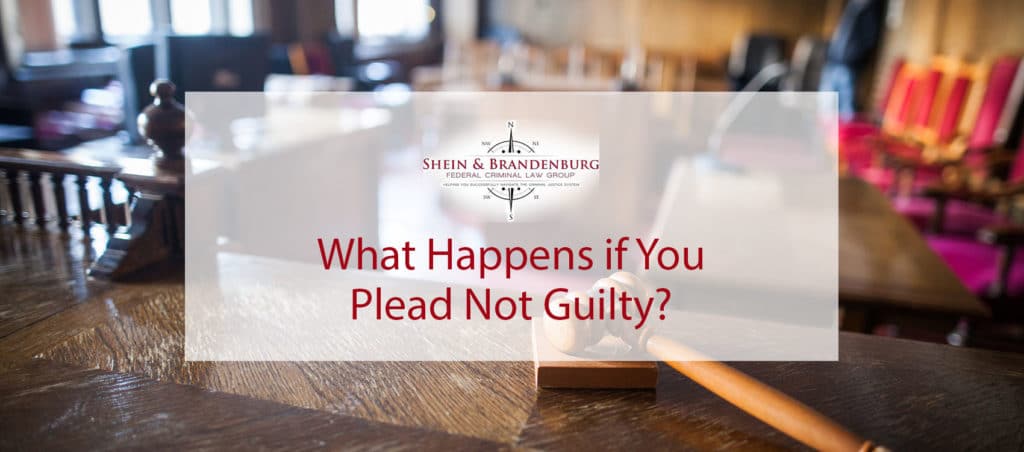What to Consider When You Plead Not Guilty
When a person decides to plead not guilty, he or she is informing the prosecution that a case will proceed to trial and involve much more complex decisions. Even after choosing to plead not guilty, it is common to feel uncertain about what will occur in your case. The following will examine what will likely happen after entering a not guilty plea and shed some light on the trial process.
The Steps Following a Not Guilty Plea
Once you have chosen to plead not guilty, your case will likely follow some critical steps:
- Trial date. A case will be assigned a pretrial or trial date following a not guilty plea. In some cases, a case might still be dropped even after a date is established.
- Type of trial. It is important to remember that a person can face either a bench trial or a jury trial. During a bench trial, your case will be heard by a judge rather than a jury. A defendant is often able to choose the type of trial he or she wants. There are advantages and disadvantages to both types of trials, which is why it is often a wise idea to discuss both options with an experienced attorney.
- Pretrial Motions. If a pretrial hearing is scheduled, the prosecution and defense will meet on the scheduled day to make arguments before a judge about the evidence and testimonies involved in a case. During pretrial motions, it is also possible to present a motion to dismiss.
- Jury Selection. If a defendant selects a jury trial, the jury selection process will likely be the next step.
- Trial. During a trial, the prosecution will be required to establish that the defendant is guilty beyond a reasonable doubt. To establish that someone is innocent of the involved crime, an attorney might cross-examine the officer who arrested him or her or demonstrate other evidence that establishes that the defendant is innocent. Trials are complicated and often long, and it can be a difficult decision to proceed to trial. Fortunately, an experienced attorney can help you determine if a trial is the best option for your case.
While the process following a not guilty plea can be complex, an experienced attorney understands this process and can help make sure that your case resolves in the best possible manner.
Speak with an Experienced Criminal Defense Lawyer
Deciding what to plead following a case depends on the exact circumstances of your case. While it might be advantageous to plead not guilty in one case, in another case, this might not be a wise idea. It is critical to remember that every criminal case in unique, which is why it is best to obtain the assistance of an experienced criminal defense attorney. Contact the Federal Criminal Law Center today to schedule your initial free case evaluation. We understand the complex issues involved with criminal cases and are prepared to fight for the results that you deserve.


